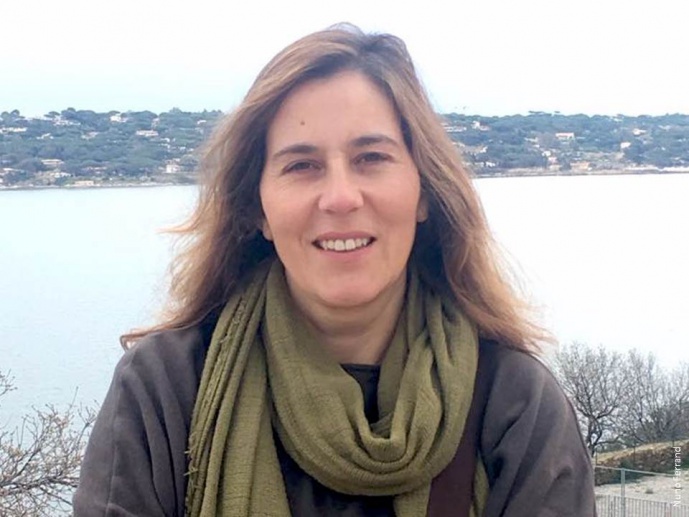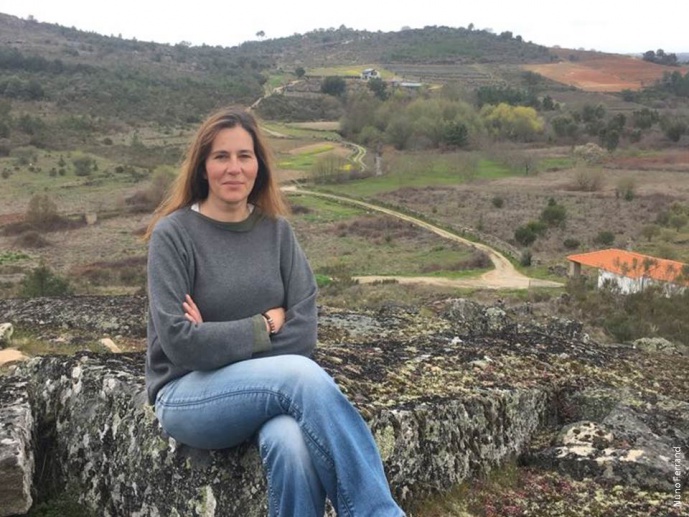Raquel Godinho
Principal Researcher
I did my graduation in Biology at the University of Lisbon and completed my PhD in Evolutionary Biology at the same University in 2004 developing a thesis on the evolutionary history of an endemic Iberian lizard, Lacerta schreiberi.
I then moved as a Post-doc researcher to CIBIO, where I devoted attention to population genetics and the analysis of hybrid zones through the combination of multiple molecular markers applied to different vertebrate species, and focusing on Iberian amphibian and reptiles. Later, I shifted my research interests to conservation genetics and molecular ecology, mainly focusing on the study of cryptic population structure and the evaluation of gene flow between populations and between species. In particular, I‘m interested in understanding the relative importance of adaptation and low effective population size for the long-term conservation of vertebrates, and also the consequences of introgression after natural hybridization between wild and domestic populations. I’m using different model species, with a special emphasis on the grey wolf and on the critically endangered giant sable antelope of Angola. For these two species, I’m also applying genomic resources to analyse demography and hybridization that may ultimately contribute to its management and conservation.
Currently, I’m a Researcher at CIBIO and Invited Assistant Professor at the University of Porto. I’m a Research Fellow at the Faculty of Sciences of the University of Johannesburg.
In CIBIO, I chair the EcoGenomics research group and give scientific advice on the CTM-CIBIO (Centre of Molecular Tests). I’m a member of the Canid Specialist Group and the Wolf Working Group at IUCN, and of the Iberian Wolf Research Team (IWRT).

